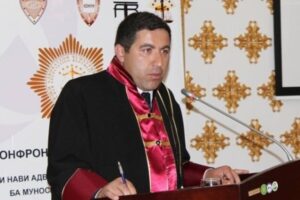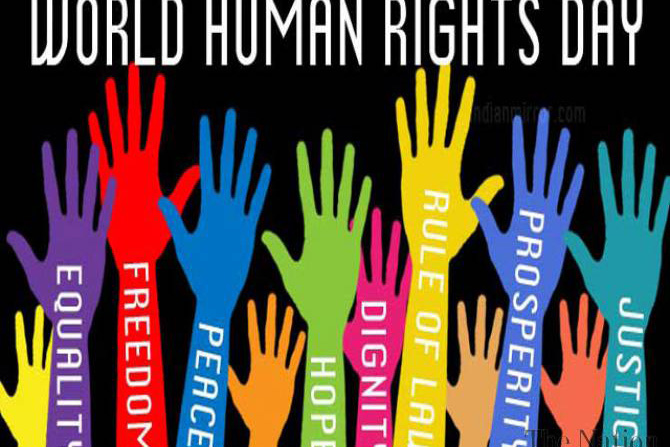
Dec 10, 2018 | Multimedia items, News, Video clips
Today, 10 December 2018 marks the 70th anniversary of the adoption of the Universal Declaration of Human Rights (UDHR). Developed as a universal standard setting out the rights to be enjoyed by everyone, the elaboration of the UDHR was one of the first actions undertaken by the newly established UN in carrying out its human rights mandate.
The UN Charter, forged after the ravages of the Second World War, places advancement of human rights as a core purpose and principle of the UN.
Over the past 70 years, the UN and regional human rights systems have taken the UDHR as the benchmark in developing the impressive normative architecture that constitutes the present day basis of international human rights law and standards.
The International Commission of Jurists (ICJ) was founded in 1952, only four years after the UDHR, with a mission to advance the rule of law and legal protection of human rights. Most of the international legal human framework at that time had still not yet been developed. The founding members of the ICJ believed that the lofty human rights principles enunciated in the UDHR needed to be transformed into hard and enforceable legal obligations incumbent on all States. From its founding, the ICJ worked to develop treaties and other standards aimed to make the enjoyment of human rights real for people, and not merely aspirational.
According to Sam Zarifi, Secretary General of the ICJ, “The ICJ’s biggest contribution to the international legal framework is still to bring together jurists from around the world to defend the rule of law and the universality of human rights at the global and local level.”
“Many now established global legal instruments have the fingerprints of the ICJ all over them. Crucial regional frameworks in the African, European, and American regions were developed with the deep and sustained involvement of the ICJ, as were the creation of the post of UN High Commissioner for Human Rights and the International Criminal Court,” said Sam Zarifi.
The UDHR has not only inspired the work of human rights defenders, but has also been foundational for the general acceptance of the notion of human rights around the world.
From 1948 until the end of the twentieth century, there has generally been a continuous upward trajectory towards the advancement of human rights, even if there have been many pitfalls along the way.
The notion that people have rights is now universally accepted and known by people. At the Vienna Conference on Human Rights in 1993, all States of the world not only reaffirmed their commitment to the UDHR, but also agreed that “the universal nature of these rights and freedoms is beyond question.”
Over the years, there have certainly been major shortcomings in the push to achieve the realization of the human rights for all.
Some of the extreme examples include armed conflicts replete with crimes against humanity, war crimes and even genocide, followed by a failure to hold perpetrators accountable.
And there remains extreme poverty in parts of the world marked by a thorough neglect of economic and social rights.
Despite these shortfalls in implementation, it remains the case that human rights have been accepted as a key component in addressing humanity’s problems in the 70 years since the adoption of the UDHR.
“Over the years, more and more States have ratified human rights treaties, more States have incorporated human rights in their domestic law, and more courts have started to enforce human rights. At the grass roots law level, more organizations have demanded human rights as an entitlement and not just as an aspiration,” explains Ian Seiderman, Legal and Policy Director of the ICJ.
Despite, this long term trend in advancement of human rights, there are warning signs that progress is slowing and in some places has even reversed particularly in the past decade.
“We are now seeing a very strong pushback against human rights proclaimed in the UDHR from countries around the world,” says Ian Seiderman.
“Some of the pressures have come from the security angle, where even States that previously championed rights insist that rights protection must cede to security interest. More recently there has been a rise in populist authoritarian governments that don’t even pay lip service to human rights anymore. And many States have also turned their backs on the commitment to protect the most marginalized and vulnerable, such as refugees and migrants,” he adds.
Roberta Clarke, Chair of the ICJ Executive Committee:
At the normative level, there remains the notable gap in the international legal protection from transnational corporations and other business that abuse human rights and the reticence of many States to participate in good faith in the efforts at the UN to close this gap with a new business and human rights treaty.
This backlash has only redoubled the ICJ’s commitment to fight for the values originally imagined by the writers of the Universal Declaration of Human Rights.
The ICJ and its individual Commissioners remain heavily involved in the development of human rights standards and their implementation based on the UDHR and a part of the larger human rights movement.
The ICJ continues to work to adopt human rights law to changing conditions in the modern world, develops the human rights capacities of lawyers and judges in all parts of the world, undertakes legal advocacy internationally and in many countries, and provides legal tools for human rights practitioners.
Robert Goldman, ICJ President:
On the 70th anniversary of the UDHR, it is critically important to recall why the UDHR was established in the first place, especially in light of the current regression of human rights development around the world.
The preamble of the UDHR reminds us that “ disregard and contempt for human rights have resulted in barbarous acts which have outraged the conscience of mankind.”
But more critically, it also insists that addressing these and other acts of inhuman rights require that human rights be protected by the rule of law.
This will be the ICJ’s continuing mission.
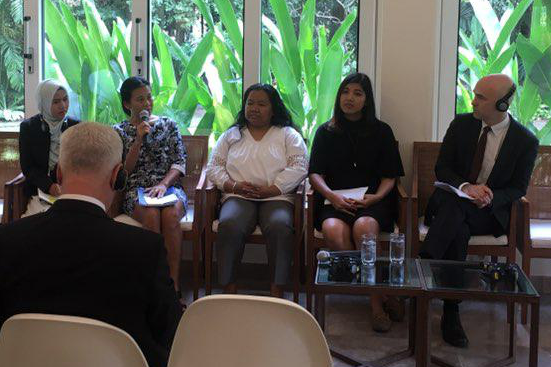
Dec 7, 2018 | Events, News
On 7 December 2018, the ICJ, together with the Embassy of the Federal Republic of Germany to Thailand, held an event at the German Ambassador’s Residence in Bangkok to mark Human Rights Day.
This was the fourth event co-hosted annually by the ICJ and the German Embassy as an early commemoration of International Human Rights Day, which falls on 10 December every year on the anniversary of the adoption of the Universal Declaration of Human Rights in 1948.
Ambassador-Designate H.E. Georg Schmidt delivered the opening address for the event, highlighting the importance of the principle of universality of human rights and noting the 70th anniversary of the Universal Declaration of Human Rights where that principle was enshrined.
ICJ’s Asia and the Pacific Director Frederick Rawski then delivered opening remarks, welcoming Germany’s long-standing support of the work of ICJ and its partners in Thailand in advancing the rule of law and human rights. He highlighted some positive developments in the human rights situation and stressed upon continuing challenges, in the context of potential upcoming elections in February 2019. He also recognized the crucial work of human rights defenders in Thailand.
Yaowalak Anuphan, Head of Thai Lawyers for Human Rights (TLHR), opened the discussion on the current human rights situation in Thailand, particularly focusing on challenges in the legal landscape and fundamental freedoms in the context of potential upcoming elections.
A panel discussion on prevailing human rights concerns then followed, moderated by ICJ’s Frederick Rawski. The discussion touched on a range of themes including land rights and the rights of indigenous peoples; human rights violations in the Deep South; Business and Human Rights and Thailand’s National Action Plan on Business and Human Rights; and refugee and migrants’ rights.
The panelists were:
- Pornpen Khongkachonkiet, Director, Cross Cultural Foundation;
- Waesonk Baneng, Lawyer, Muslim Attorney Centre Foundation;
- Sor Rattanamanee Polkla, Coordinator and Lawyer, Community Resource Centre Foundation;
- Yuhanee Jehka, Legal Officer, Asylum Access Thailand.
Approximately 80 individuals from Thai civil society, the diplomatic community, affected communities, academia, and Thailand’s Ministry of Justice and Ministry of Foreign Affairs attended the event.
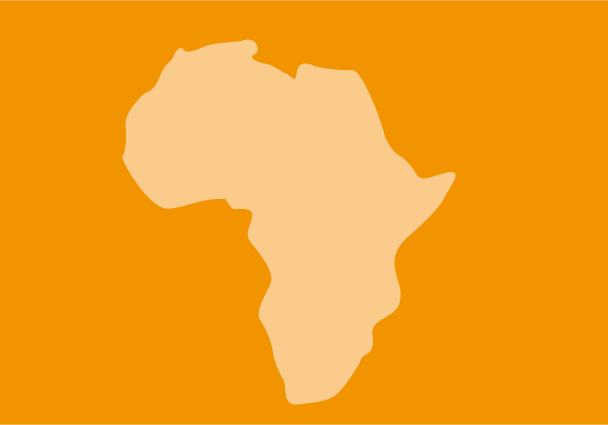
Dec 6, 2018 | News
JOHANNESBURG – The ICJ condemns the ongoing violence committed against and intimidation of community members of the Marievale Community Association. Last night a petrol bomb was thrown onto the roof of Chris Koitsioe’s home at approximately 1am while his wife was asleep and alone.
Chris is a community leader and a former SANDF staff sergeant who has consistently opposed the community’s eviction and mistreatment by the SANDF.
The ICJ calls on President Ramaphosa, as Commander in Chief of the SANDF, the Minister of Defence Nosiviwe Mapisa-Nqakula and Lieutenant General Lindile Yam to condemn these outrageous and persistent attacks on members of the community. Furthermore, we call on the SANDF and Minister of Defence and other public officials to comply with and implement all court orders relating to the Marievale community and ensure the safe, expeditious and unimpeded return of community members to their homes. The ICJ further calls for the authorities to openly and transparently investigate this assault on Mr Koitsioe’s home and bring the perpetrators to justice.
The Community was unlawfully evicted from their homes on an abandoned army base near Nigel, Johannesburg South, in late November 2017. They have won repeated court orders from the South and North Gauteng High Courts, ordering the SANDF to return them to their homes and condemning their ill treatment by SANDF members during and after their eviction.
Most recently, with the assistance of Lawyers for Human Rights, the community approached the North Gauteng High Court, seeking the arrest of the Minister of Defence and several army generals involved in the evictions for a failure to comply with orders of the High Court requiring them to be returned to their homes. Though last week, this contempt of court order was denied by the North Gauteng High Court, the court reiterated that the community is to be returned to their homes by Friday 7 December 2018.
Attorney at LHR, Ms. Louise Du Plessis expressed that the “LHR is deeply concerned about the ongoing unlawful conduct taking place at Marievale, especially because of the suspected involvement of the SANDF”. She added: “although, at this stage it is merely an allegation that the SANDF is responsible for the attack on Chris’ family, there is good reason to believe that [Chris] is being targeted for leadership role in the fight to see justice done for the Marievale community, after the appalling and callous eviction at the hands of the SANDF”.
This serious attack on Mr Koitsioe’s home occurred directly in this context.
Mr Koitsioe says “members of the community resisting their eviction in court, feel that the army has encouraged and sown divisions in our midst deliberately”. He adds, “whether this attack was perpetrated with or without the influence and knowledge of the army, it is critical that the SANDF roundly condemn such attacks to prevent further violence against innocent community members seeking only to protect our constitutional rights and internationally recognized human rights”. He concludes “my family and I are traumatised, I have reason to believe that this attack was deliberately perpetrated when it was known that I would be out of town speaking to a group of 25 magistrates in Limpopo about the importance of understanding and protecting communities’ housing rights”.
“While the army should be a source of security for everyone in South Africa, the Marievale community have faced persistent and repetitive violations of their economic, social and cultural rights at the hands of the SANDF. Such conduct is a significant and serious threat to the rule of law” lamented Arnold Tsunga, ICJ Africa Director. “The ICJ is concerned at the pattern of similar attacks against other communities claiming their rights in court such as AbahlaliBaseMjondolo in KwaZulu-Natal and the Amadiba Crisis Committee in Xolobeni who have faced similar harassment, assault and even assassination for claiming their rights” added Tsunga.
Public authorities in South Africa has an obligation under international human rights law and standards to ensure that the bombing of Chris Koitsioe’s home and other such acts of violence and intimidation are promptly, independently and impartially investigated. Those responsible for such attacks must be brought to justice and victims of any human rights violations involved must receive effective redress and remedy.
In October 2018, the UN Committee on Economic, Social and Cultural Rights noted that it was “concerned at reports of human rights defenders, particularly those working to promote and defend the rights under the Covenant in the mining and environmental sectors, being threatened and harassed”. Koitsioe advises that the community has long suspected that part of the motivation for its eviction is the recent initiation of coal mining activities near their homes.
Further comment:
Chris Koitsioe| Marievale Community Association| C: +27738370265
Louise Du Plessis |Attorney | Lawyers for Human Rights C: +27823460744 E: louise(a)communitylaw.co.za
Timothy Fish Hodgson|Legal Adviser on Economic, Social and Cultural Rights| International Commission of Jurists| C: +27828719905 E; timothy.hodgson(a)icj.org
Further Resources:
The judgment handed down on 30 November 2018 is available here.
The judgment handed down in May 2018 is available here.
The judgment handed down in March 2018 is available here.
The judgment handed down in February 2018 is available here.
The South African Constitution is available here.
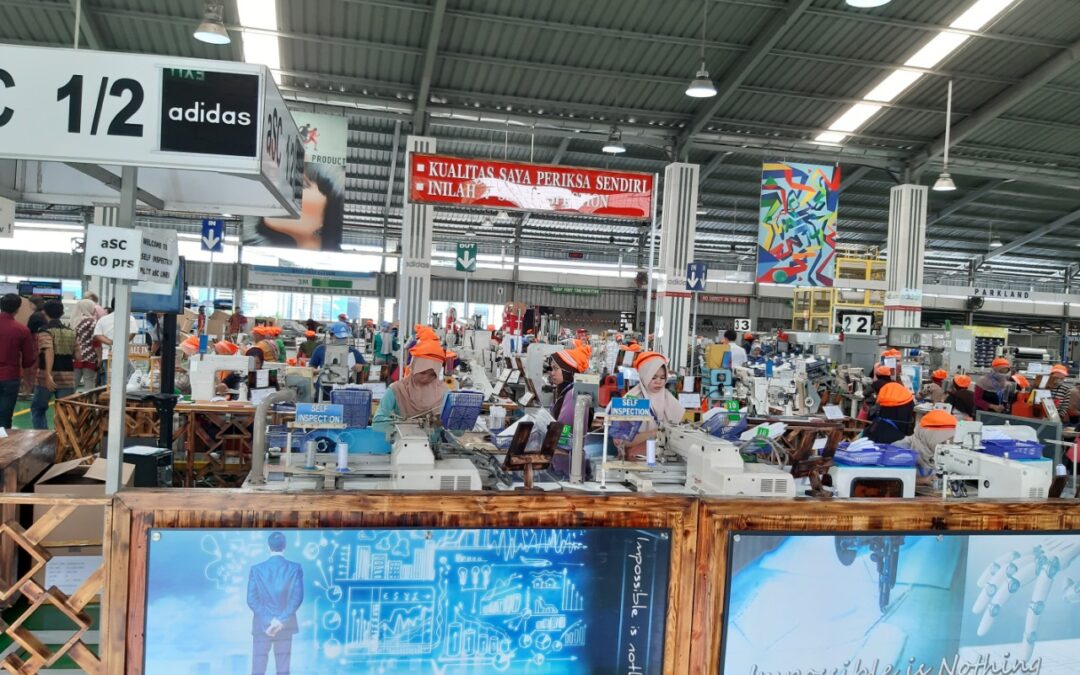
Dec 5, 2018 | News
From 28 November to 3 December 2018, a delegation of the ICJ carried out a learning and assessment visit to two factories in Indonesia that are part of the supplier network of the global brand adidas.
The ICJ delegation noted at the conclusion of the visit to two of the global brand’s supply chain factories a number of elements of good practice, highlighted in the full statement available below.
The mission did not aim to identify human rights impacts or to assess individual cases, their procedures and outcomes. While the ICJ assessment of the information gathered during the visit continues, the ICJ has already recommended improvements in transparency and public communication about the performance of adidas’ factory suppliers.
The ICJ also invited the companies to a broad reflection on the need to have a factory level grievance mechanism, instead of the existing compartmentalized system. Finally, adidas and partners need to also step up action in relation to the establishment of an effective community grievance mechanism.
The full statement can be downloaded in PDF format here: Statement-adidas-Indonesia-BusinessHumanRights-2018
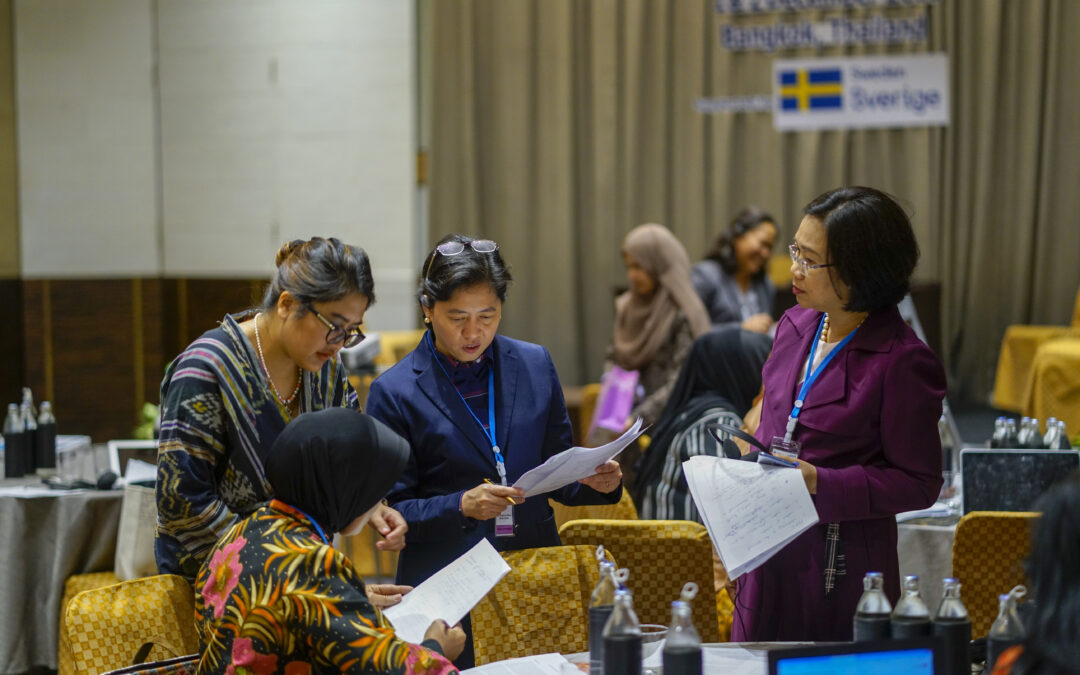
Dec 2, 2018 | Events, News
On 1-2 December 2018, the International Commission of Jurists (ICJ) held its 2018 Southeast Asia Regional Judicial Dialogue on enhancing access to justice for women in the region.
Participants included judges from Cambodia, Indonesia, Nepal, Pakistan, Philippines, Sri Lanka and Thailand.
The discussions, held in Bangkok, were focused around resources important for judges to aid in enhancing the capacity of their peers in eliminating gender discriminatory attitudes and behaviours towards women in their work. These resources include a training manual on the use of the Bangkok General Guidance for Judges in Applying a Gender Perspective, and a draft reference manual on women’s human rights and the right to a clean, healthy, safe and sustainable environment.
Frederick Rawski, ICJ’s Director of the Asia and the Pacific Programme, opened the dialogue by emphasizing how important it is for judges to be gender sensitive in their delivery of justice. This could only be done by applying a framework that gives primary attention on ensuring recognition of the applicable human rights, institutional support for the promotion of these rights, and accountability mechanisms for their implementation.
Roberta Clarke, Commissioner of the ICJ and Chair of the organization’s Executive Committee, noted that this judicial dialogue demonstrates the ICJ’s commitment to have a sustainable contribution to the implementation of international human rights standards at the domestic level. She hoped that the judges could contextualize the resources presented and bring these back to their countries for trainings of their peers.
This judicial dialogue is part of a joint project on access to justice for women that ICJ is implementing with UN Women.
Anna Karin Jatfors, UN Women-Asia Pacific’s Interim Regional Director shared that gender stereotypes and social norms which discriminate women are not unique in each country. She pointed out the importance of the ICJ and UN Women collaborating in this project to deconstruct this image to bring better access to justice to women in the region.
Overall, the dialogue was rich and substantive, with the full and active participation from all participating judges who shared their views and experiences on countering gender discrimination in cases before them. At the end of the judicial dialogue, the participating judges expressed strong interest to use the resources for capacity building initiatives of their peers in their own countries.
Contact
Emerlynne Gil, Senior International Legal Adviser, t: +662 619 8477 (ext. 206), email: Emelynne.gil(a)icj.org








